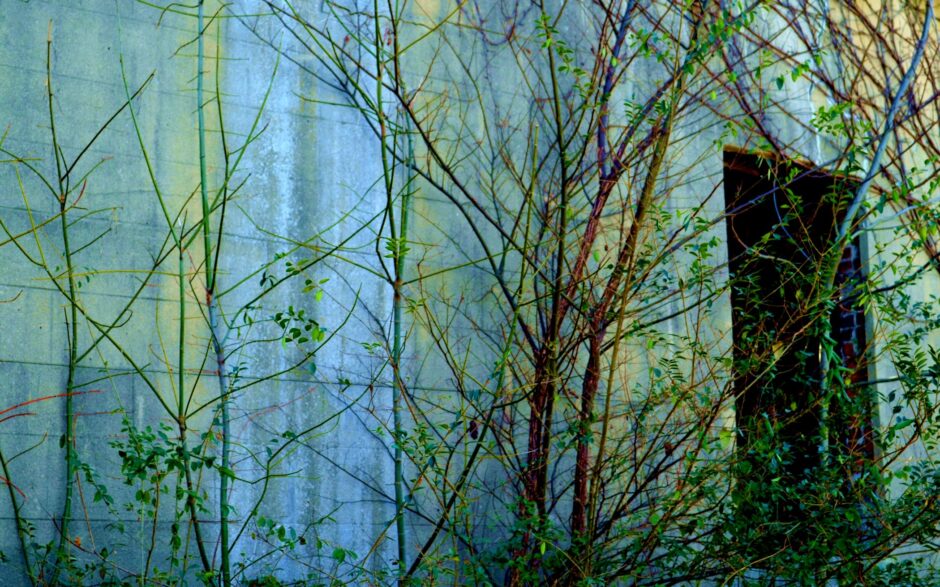It’s a Jungle Out There!
by Gary Wright
Due to the cost of ammunition I no longer provide warning shots.
The American South is filled with dozens of ways to meet one’s demise. I have purposely not included perils caused by man (or woman). Slings and arrows (and gunshots) are certainly dangers, as well as motorcycle accidents, broken hearts, alcohol poisoning, snubbed feelings, getting caught up in a trot line and falling out of tree stands. The scope of this discussion will be limited to (more or less) natural causes. In the next installment we will tackle (more or less) unnatural causes.
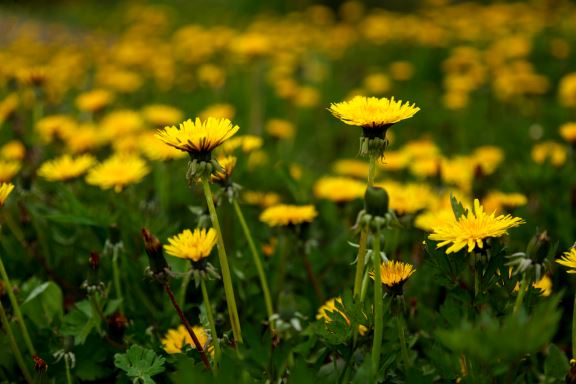
When using dandelions for salads always make sure that they are washed well and, one word of caution . . . to avoid a bitter taste, make sure the dandelion flowers you’re picking have not been sprayed by dogs or pesticides.
When serving chitlins be certain to thoroughly clean them before cooking, because uncooked chitlins carry potentially dangerous forms of bacteria including E. coli, Yersinia, and Salmonella. They need to be cleaned very carefully to prevent disease and I recommend they be cooked outdoors because of the heavy, unsavory odor while cooking. If you don’t know what chitlins are, then you are in the wrong story.
Be sure to not use car radiators or lead pipes when distilling illegal liquor. Death or serious illness can result from lead poisoning. Death can also result from drinking legally distilled liquor but that, too, will be covered in another installment.
When making poke ‘salat,’ use only the tender foliage, never the stem, and always cook it three times, discarding the liquid each time. This will leech excess vitamin A from the plant. Vitamin A is the culprit in the poke plant and an overdose can lead to severe discomfort and diarrhea, though rarely death.
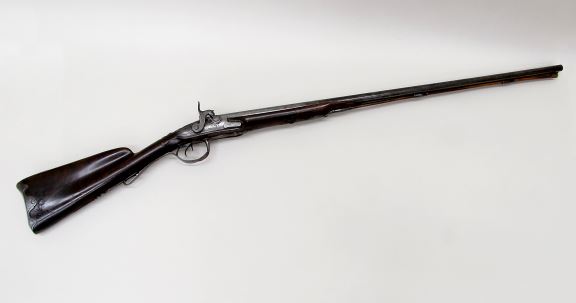
When an electrical fuse is blown do not replace it with a .22 shell for, though it will work for a while, it will eventually go off and it will go somewhere. It may take a part of you with it. Also, do not fire your gun into the air; what goes up must come down.
Although you can fire both barrels simultaneously from certain double-barreled shotguns, it is not advisable. You will likely not hit your target and the gun will not explode but you will likely cause frame damage and will not achieve proper lock-up afterwards and the gun will be unusable.
Toxic plants in Southern U.S. include raw kidney beans, castor bean, peach leaves and seeds, apple seeds and leaves, under-cooked lima beans, under-ripened potatoes, rhubarb leaves, tomato leaves and stems. Cockle burrs are lethal to pets and livestock. An innocuous plant, white snake root, was responsible for the death of Abraham Lincoln’s mother, Nancy Hanks. White snake root is a North American herb with flat-topped clusters of small white flowers and contains a toxic alcohol known as trematol. Unlike those who have died from directly ingesting deadly plants, poor Missus Hanks was poisoned by simply drinking the milk of a cow who had grazed on the plant.
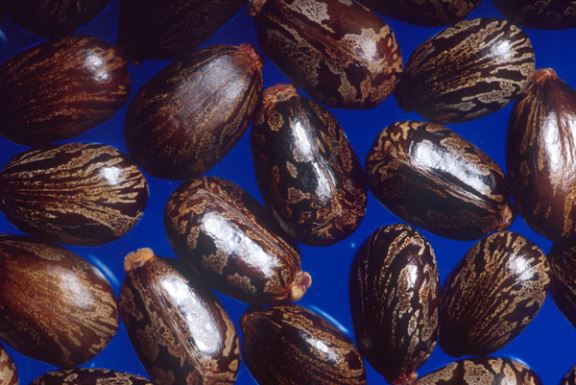
Widely grown as an ornamental, the castor bean is an attractive plant native to Africa. While the processed seeds are the source of castor oil, they naturally contain the poison ricin and are deadly in small amounts. It only takes one or two seeds to kill a child and up to eight to kill an adult. Castor oil, however, has been given by Southern mamas for years to their children for medicinal purposes.
The most dangerous insects in the American South are (in this order): Africanized (Killer) Bees, Fire Ants, Brown Recluse Spiders, Paper Wasps and Anopheles Mosquitoes.
Rosary peas are native to tropical areas and are often used in jewelry and prayer rosaries. While the seeds are not poisonous if intact, seeds that are scratched, broken, or chewed can be lethal. It only takes 3 micro-grams of its toxin, abrin, to kill an adult, less than the amount of poison in one seed.
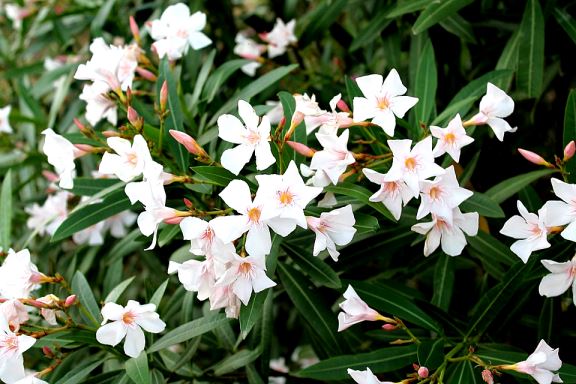
Oleander plants are ornamentals and hedges commonly seen throughout the South and they are highly toxic to humans. Their toxins are so strong that people have become ill after eating honey made by bees that collected the oleander’s nectar!
Horses are always mounted from the left side in a tradition going back to the times when soldiers wore swords generally on the left side, for most men were right-handed. Horses can actually be mounted from either side but, if they are accustomed to left-sided mounting, they become skittish if mounted from the other side. Horses like normalcy and don’t do well with newness.
If someone suggests going on a snipe hunt in the South you will be better off by passing or counter-suggesting that you take them on a hunt for the Great Dahut. If, in season, you may also suggest that you take your friend on a Dodo hunt in the closest wild Chestnut forest.
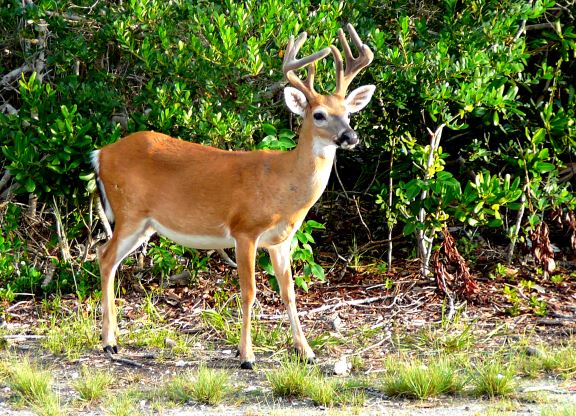
The most dangerous wild animal in the South is the White-Tailed Deer. How can such a docile animal be dangerous? Because of 1 ½ million collisions with automobiles every year causing nearly 30,000 human injuries and around 150 deaths annually. They also carry ticks that cause Lyme disease. Deer are responsible for more human injuries that bears, wolves, alligators and snakes combined.
